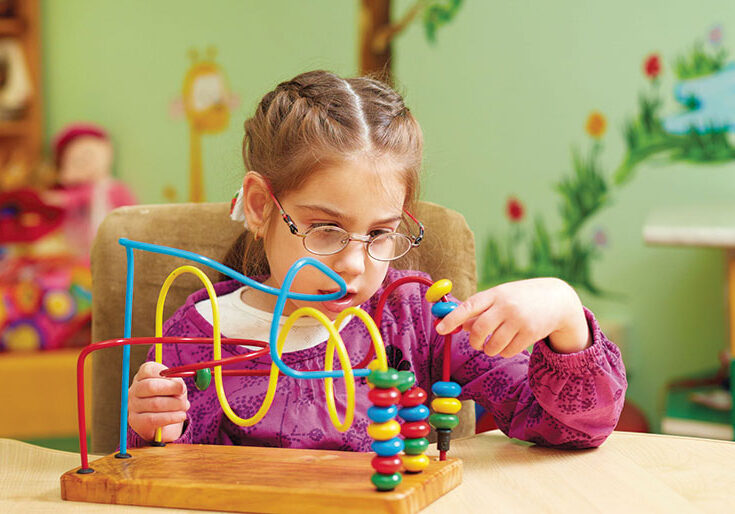I used to think it was normal to be exhausted all the time. I had four small children, two of whom had significant medical issues. I considered myself lucky if I got more than three consecutive hours of sleep at night. I was also eating my feelings, not getting enough exercise and stressed out most of the time as I tried to meet the needs of my children. All of this took a toll on my physical health. I was constantly getting sick, and whatever I came down with seemed to last for ages. My emotional health was suffering, too. I was anxious and irritable with my family more times than I care to remember.
It was years before I would learn that there is an actual name for what I was experiencing: caregiver burnout.

Parents of medically fragile children and parents of children with special needs are especially at risk for caregiver burnout. Parents habitually put their children’s needs before their own, but when you have a medically fragile child, those needs can be 24/7. There is a well-known quote that states, “You can’t pour from an empty cup.” After I had two medically fragile kids within five years, my cup was draining fast.
A few years ago, after a particularly rough couple of weeks, I walked into a local urgent care for treatment for what seemed like the 10th illness I’d acquired that year. When the medical assistant asked how I was doing, I completely lost it. I sobbed in that exam room for a half-hour and poured out what I was feeling. I walked out of there with a prescription for bronchitis and a referral to a therapist.
Signs of caregiver burnout can include withdrawal from friends and family, loss of interest in favorite activities, feelings of hopelessness or helplessness, changes in appetite and weight, changes in sleep patterns, becoming sick more often, irritability and emotional and physical exhaustion.
Caregiver burnout can easily be mistaken for stress and understandably so. Caring for a chronically ill child means being in a constant state of hypervigilance. Constantly monitoring their medication, equipment and overall health is often extremely taxing. That stress contributes to the ultimate burnout.
Let me be your cautionary tale. Don’t wait until your cup is empty and emotionally explode as I did. Seek out someone to talk to, such as a medical professional, a clergy member or a trusted friend. Find ways to refill your cup, even if it’s just for an hour or two a day. You deserve it!
Posted in: Uniquely Us
Comment Policy: All viewpoints are welcome, but comments should remain relevant. Personal attacks, profanity, and aggressive behavior are not allowed. No spam, advertising, or promoting of products/services. Please, only use your real name and limit the amount of links submitted in your comment.
You Might Also Like...
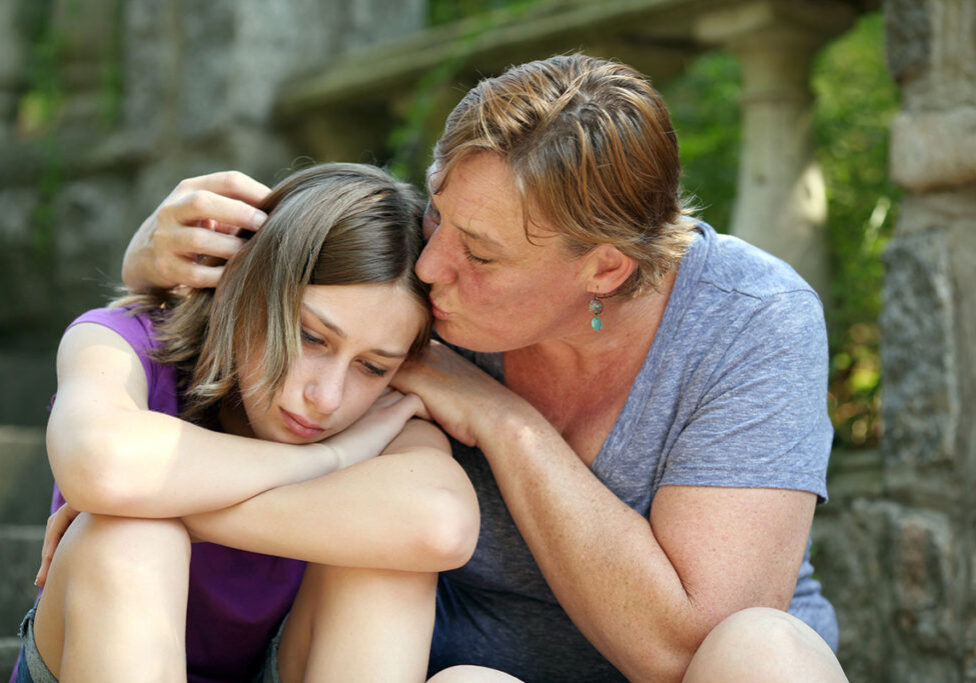
Special Needs Parenting and Puberty
Special Needs Parenting The Perfect Storm of Puberty Special needs parenting is often like an unpredictable weather pattern, and there has been a storm brewing in our home for months. […]
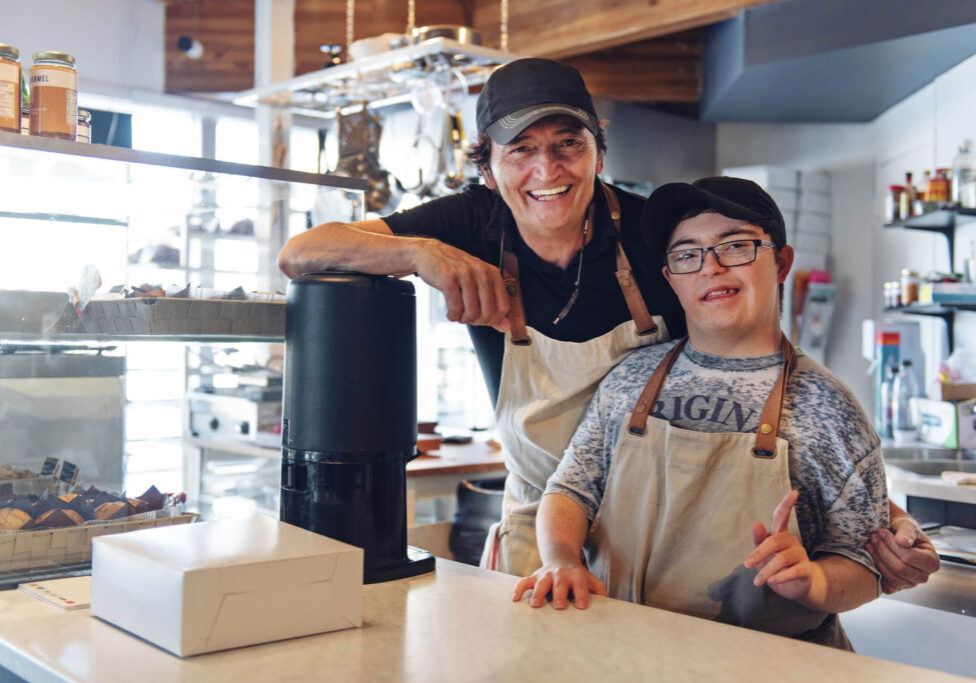
Ableism: Recognizing and Preventing An Outdated, Harmful Belief
Most people are aware of the discrimination that disabled people face daily, but many don’t know that there’s a name for it — ableism. It comes in many forms, and […]
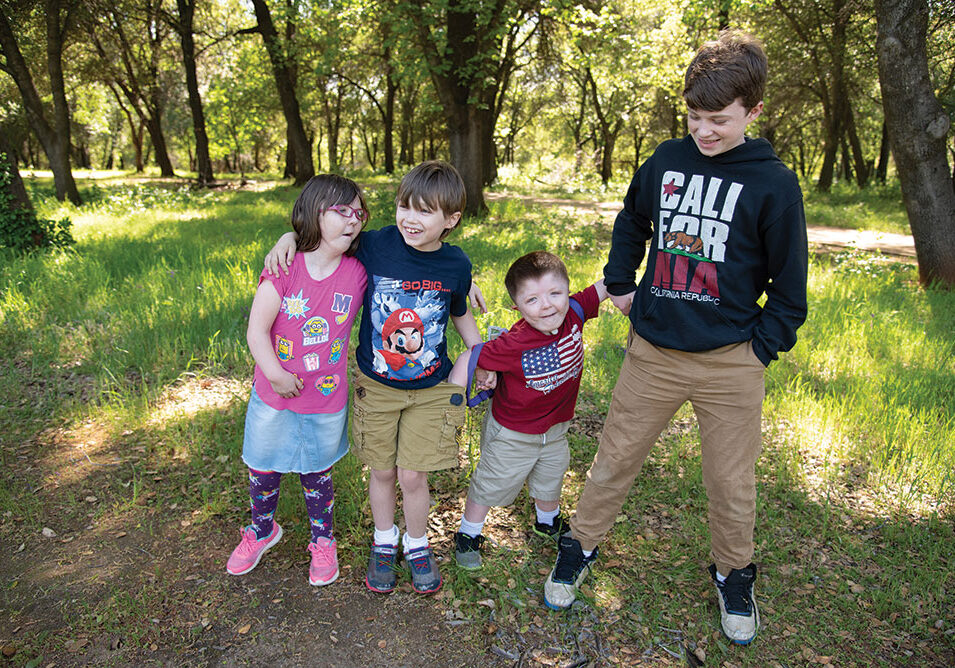
Eloping and Autism – Uniquely Us
The Other Eloping … There is a term that many parents of special needs children are familiar with. It means to wander off, bolt, escape, or run away. This behavior […]
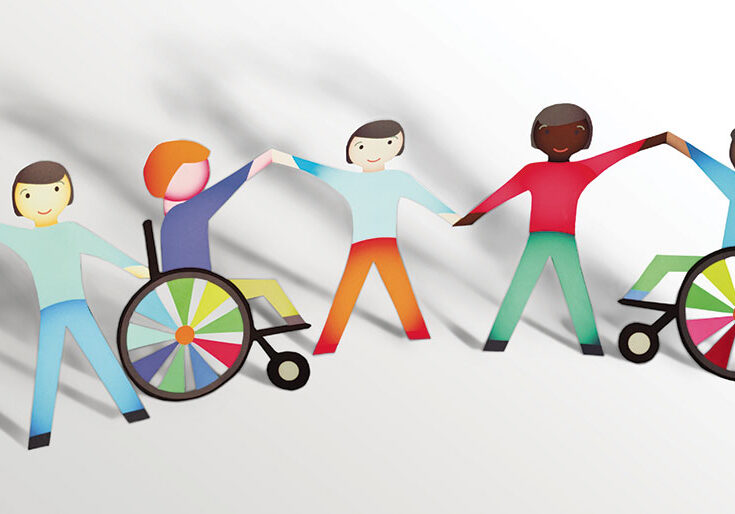
Uniquely Us – Back to School: Helping Children Understand Inclusion
It’s that time of year again! All over the North State parents are preparing to send their kids back to school. New clothes, new backpacks and new school supplies are […]




